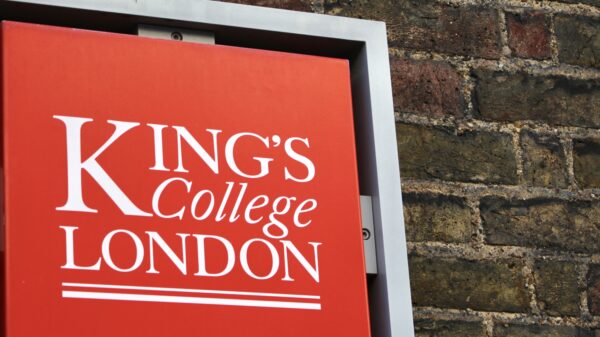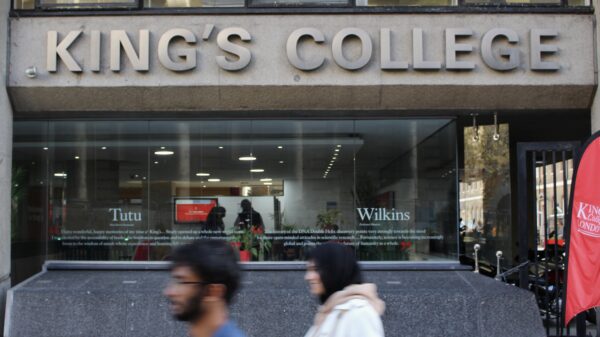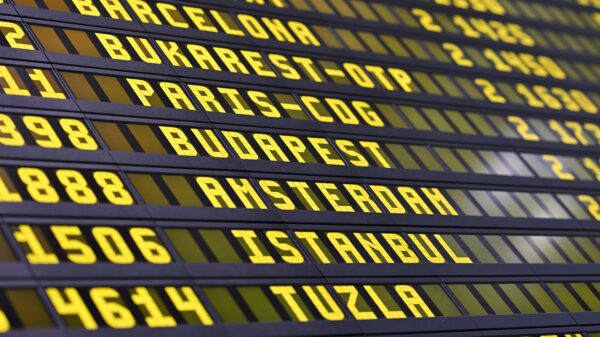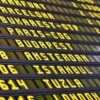As the plane gains speed and flies away from the buzzing Bulgarian capital Sofia, I recall my best friend’s hands in a heart-shaped gesture and watery, about-to-let-a-tear-out eyes, seconds before she disappears into the black hole of three months of long-distance friendship until I come back for Christmas break.
At that moment, I thought I would miss her, my parents, my 40-minute-long commute to my school and the view of the sun-glazed snowy mountain greeting me with ‘good morning’. It never even occurred to me that coming back I would feel quite lost even though I grew up, studied and created my network of connections in Sofia.

Once I was expressing my impatience and excitement that soon I would be able to hug my parents and eat my favourite dishes with a fellow international student. He cut me off short by sharing that he had the chance to fly back to his home country for one day during reading week and that strangely enough he realized he felt more at home in London now, than at the site of his birth and where he grew up. I shrugged that comment off, chuckled and said “Impossible!”
Fast-forward two weeks and here I am, filled with glee that I am landing at the familiar, tiny and cozy airport, taking pictures of a never-sleeping city, Sofia, from my window seat. I could not believe I was seeing my Mum face-to-face and not from the small screen of my phone, dining with her and Dad, listening and dancing to our favorite 80s rock tunes like we always used to.
How could I not feel like I belonged there, like that was my true and only home? Well, that fellow student was absolutely right. Except that it felt more like being homeless and alien in each of the two places.
I suddenly felt the urge to catch the next possible flight to London where I could regain my independence and resume my chaotic and spontaneous student life. I missed having no time constraints other than my casual essay deadlines. I missed going out grocery shopping for a late-night snack just before closing time. I missed taking a mental health walk at 9 p.m. on a Sunday evening.

Walking along Sofia’s main street used by posers as a catwalk to show off their newest wardrobe upgrade, I felt overwhelming isolation and loneliness, making my way through the home crowd, speaking Bulgarian, telling the usual jokes, as if I was Robinson Crusoe who escaped the deadly sea storm, but into an unknown city island, strolling unnoticed by the disinterested masses. Indeed, a horrible sensation, unfathomable just days ago.
In that instant, I so much craved to be on Waterloo Bridge with a finger snap to admire the inspirational skyscrapers of the City, lightly touching the morning fog, on my left, or turn my head around just to nod to Big Ben and the Houses of Parliament on my right.
Then the thought hit me that, even if I had hopped on Aladdin’s magic carpet and changed my whereabouts to London at that moment, I would deeply regret my decision and dream of being back in my favorite park where the ravens croaked grudgingly in their low voices, hidden in the crowns of the pine trees.
I was no longer Sofia’s daughter, but neither was I London’s. My identity lost ground, land onto which it could root itself. It was ruined by instability and nothingness, no-oneness. The only solace left was the rejuvenating accompaniment of my friends.

No more hanging out with middle school friends who stayed to work or study instead of moving abroad like I did; I could sense something was wrong. This time it was the difference in challenges that life presented to us. They thrived in their comfort zone where the path of each street they would take was predictable, where each side conversation was easy to eavesdrop on as it is in our mother tongue, and where familiarity instead of alieness engulfed them, unconsciously easing the burden of their job or demanding university degree.
I could distinguish the problems they had in the small city compared to the global one of London from mine: less petty and trivial with no need to zoom out and look at the bigger picture. They did not have to think about what item they missed from this week’s grocery shopping list. They did not have to think about where they were going to live next year.
Most importantly, they did not have to think about how they would stick out in the competitive labour market of London and land a good internship: in your home country you, always know you will get some job good enough to cover your bills. And yes, some might say you could have stayed and shared the same day-to-day issues, but I made the choice not to and I am trying to show the consequences of that decision.
At first, I was overridden by guilt; guilt that I was thinking my Bulgarian friends had it somewhat easier than me, still living with their parents who they could turn to whenever they needed or knowing with complete certainty which place is safe, and which is not.
But then I realized it was normal to notice the difference in lifestyles and to acknowledge that living in London adds more layers of chores that I must take care of by myself and if lucky, with some of my new friends’ assistance. After all, some of these people preferred staying because it instilled that feeling of stability that I so much lack and yearn for.
So, it seems that what’s left for us, international students with two homes, or rather homeless in the figurative sense, is hope. Hope that we will overcome the obstacle of feeling that way to embrace the best opportunities both worlds give us. I find the ultimate solution to defeat ‘homelessness’ to be increased networking. Hence, maintain your old friendships, invest resources into your new ones, seek more relevant and meaningful connections in London, try to expand your network when back for the holidays in your original home even if it no longer authentically feels like one, my dear struggling international students.
Stay strong and optimistic, the rest will follow!


















